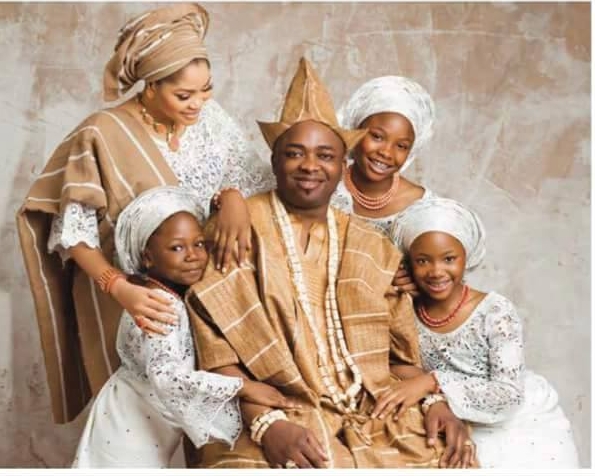
support@yorubalibrary.com
+2348073529208, 07038599574

In Yoruba culture, family occupies a central and pivotal role, serving as the cornerstone of societal structure and values. Understanding the dynamics and significance of the family unit provides profound insights into the cultural fabric of the Yoruba people.
Importance of Family in Yoruba Culture
Family in Yoruba society is more than a mere biological unit; it encompasses a complex web of relationships that extend beyond immediate relatives. It is a fundamental institution that nurtures and sustains both individuals and the community at large.
1. Foundation of Identity and Belonging
The family is the primary context where individuals learn about their identity, heritage, and belonging. From an early age, children are immersed in the customs, traditions, and language of the Yoruba people through familial interactions. This instills a sense of pride and connection to their cultural roots.
2. Transmission of Cultural Values
Central to the role of the family is the transmission of cultural values and norms. Through oral traditions, storytelling, and everyday practices, Yoruba families pass down ethical principles, morals, and societal expectations from one generation to the next. This continuous reinforcement helps preserve and perpetuate the rich cultural lineage of the Yoruba tribe.
3. Economic and Social Support
Beyond cultural heritage, families in Yoruba society provide essential economic and social support systems. Traditionally, families often live in close proximity, facilitating mutual aid and cooperation in agricultural activities, trade, and communal celebrations. This interdependence fosters a strong sense of solidarity and collective responsibility among family members.
Family Structure and Dynamics
Yoruba families are typically extended, comprising several generations living together or in close proximity. The head of the family, usually the eldest male or sometimes the matriarch, holds significant authority and is responsible for making crucial decisions affecting the family unit.
1. Roles and Responsibilities
Each member of the family has defined roles and responsibilities based on age, gender, and status within the lineage. Respect for elders and deference to hierarchical authority are paramount, reinforcing the traditional hierarchy within Yoruba families.
2. Rituals and Ceremonies
Family life in Yoruba culture is punctuated by various rituals and ceremonies that mark significant life stages and events. Birth, naming ceremonies, puberty rites, weddings, and funerals are occasions that strengthen family bonds and re-affirm cultural identity through shared participation in communal practices.
Contemporary Challenges and Adaptations
While the fundamental values of Yoruba family life remain resilient, modernization and urbanization have brought about changes in family dynamics. Economic pressures, migration, and globalization have altered traditional family structures, leading to adaptations in how roles and responsibilities are distributed among family members.
1. Education and Career
Increasingly, Yoruba families prioritize education and career opportunities for their children, often encouraging them to pursue higher education and professional careers both within Nigeria and internationally. This shift reflects a broader trend towards individual aspirations alongside familial expectations.
2. Gender Dynamics
Attitudes towards gender roles within Yoruba families are evolving, influenced by wider societal changes advocating for gender equality and women's empowerment. While traditional roles persist, there is a growing recognition of the contributions that women make within the family unit and society as a whole.
Conclusion
In conclusion, the family is not just a fundamental unit but the bedrock of Yoruba society, embodying cultural heritage, values, and social cohesion. By understanding its pivotal role, we gain deeper insights into the rich Yoruba culture and its enduring legacy in contemporary Nigeria and beyond.

Learn about the Yoruba concept of Ìwà Pẹ̀lẹ́ (good…

Learn special praises for Divine Being and Creator…